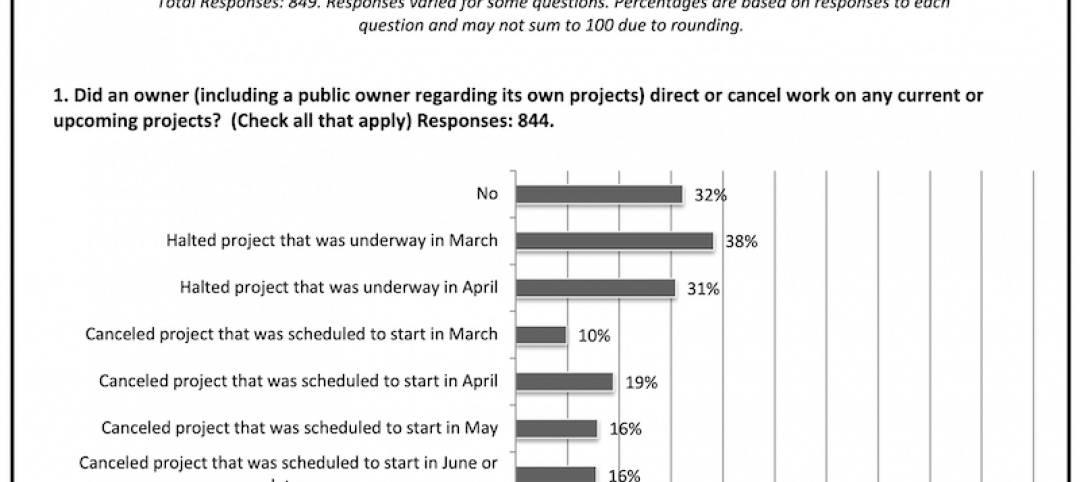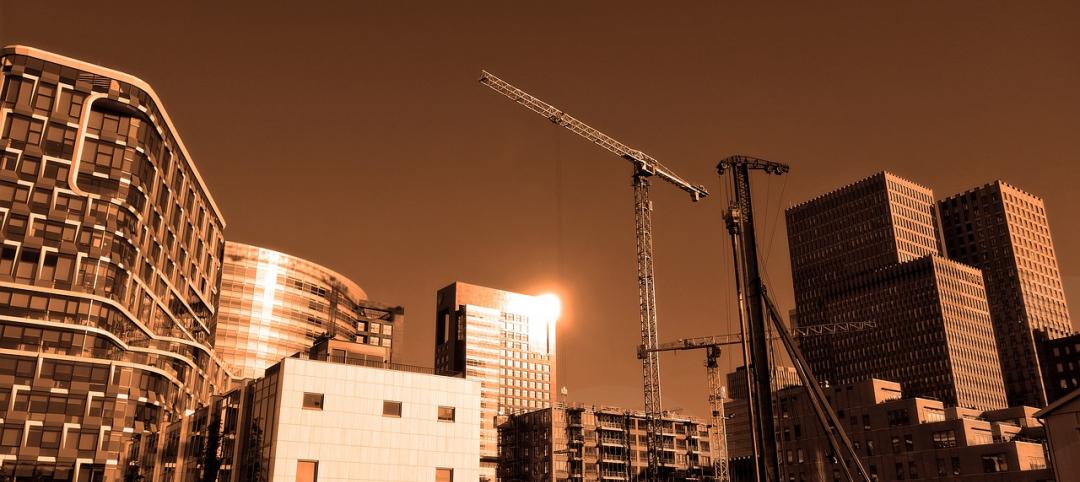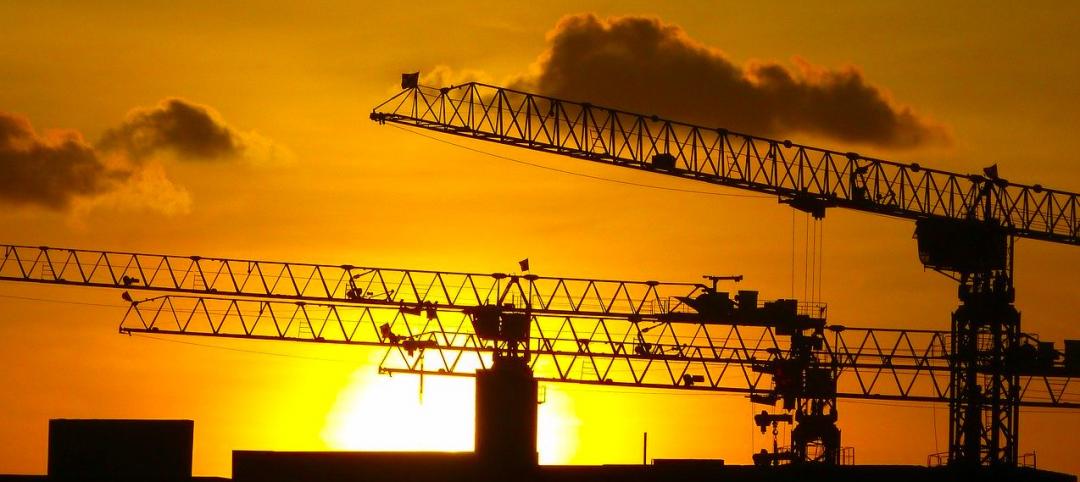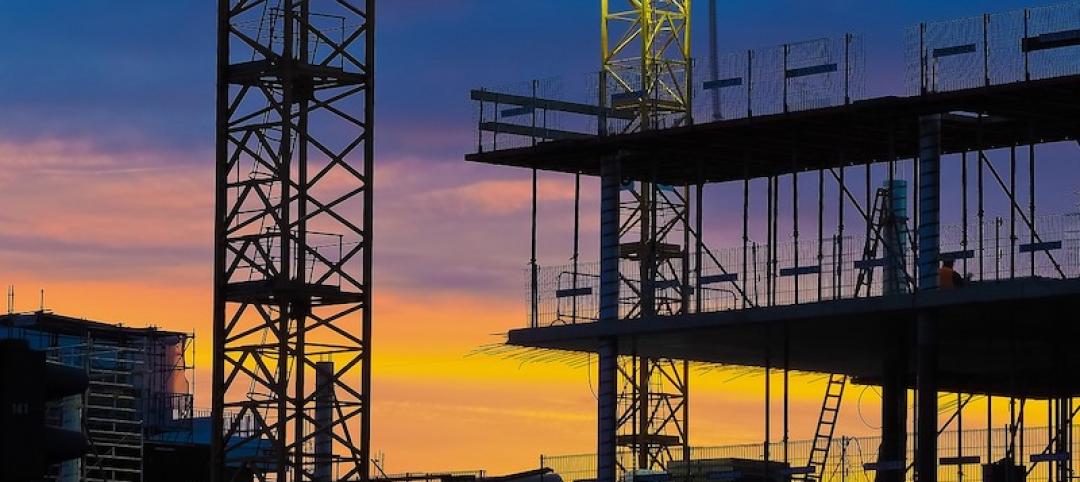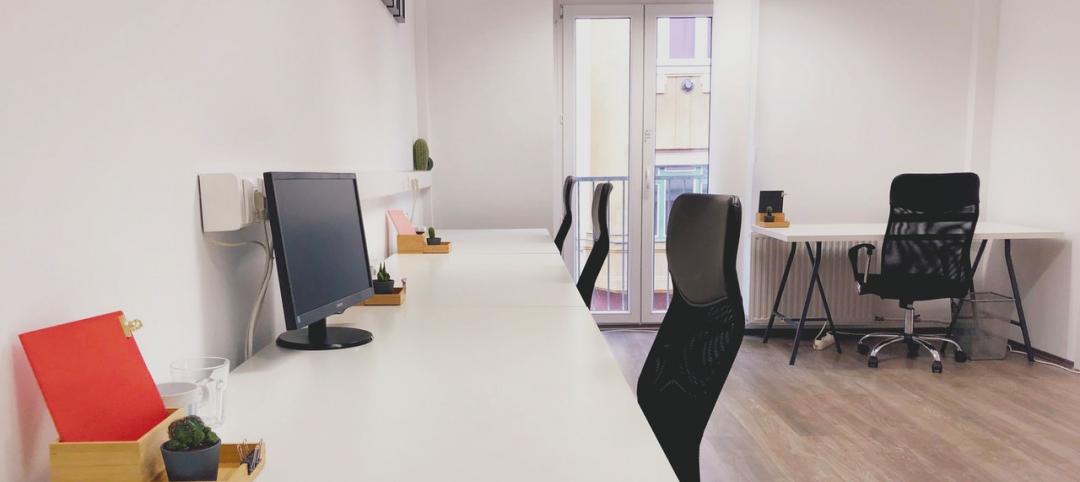During this unprecedented time, we find ourselves wondering if the things we love about living in cities are going to be completely upended, or change forever. If we follow the guidelines for social distancing, we can flatten the curve of this terrible virus in the short term, while still benefiting from being an urban citizen. And in the long term, we believe that the benefits of living in cities far outweigh any adjustments we make to stay healthy and safe.
On a purely functional level, working from home has been a fairly seamless transition for many of us. Supported by amazing, powerful technology, we continue to do what we do: write, calculate, draw, communicate, and create. Productivity isn’t the core problem; it’s the abrupt physical distance from our colleagues, friends, and even family members that is more disruptive.
Density may make it easier for the virus to spread, but let’s not forget that cities are in many ways the heart of society, and a springboard of big ideas, inventions, art, and culture. That’s because cities have a unique spatial and social ecology. During this time of isolation, it’s reassuring to be able to look out the window and see people walking their dogs or delivering groceries, or even just to hear our neighbors’ footsteps around us—things not always possible in the suburbs or country. Simply being in relatively close proximity to a community of people (even while staying home) can have psychological and logistical benefits.
The concentration of urban life can help us overcome feelings of isolation, anxiety, and depression. In the aftermath of 9/11 and Hurricane Sandy, New Yorkers pulled together without government directives, spontaneously looking out for one another, and offering help to strangers as easily as we did friends and neighbors. Today, we hear countless stories of kindness, ranging from people doing errands for elderly neighbors to 3D-printing face shields for medical workers to holding impromptu morale-boosting singalongs from tiny apartment balconies.
The resilient nature of the city itself and its residents is symbiotic and allows us to come back stronger than ever before. While we respect our six feet of separation, we continue to communicate—sometimes even more or better than we did before. We may have temporarily lost physical contact, but we have not lost the bonds of our community. In these troubling times, it’s uplifting to think of how applying that can-do attitude to other crises, such as climate change or homelessness, could result in a better world for cities and beyond.
Related Stories
Coronavirus | Mar 25, 2020
Coronavirus pandemic's impact on U.S. construction, notably the multifamily sector - 04-30-20 update
Coronavirus pandemic's impact on U.S. construction, notably the multifamily sector - 04-30-20 update
Coronavirus | Mar 25, 2020
Plaza Construction and Central Consulting & Contracting strategic alliance expands to Florida in response to coronavirus pandemic
New York City-based partnership to aid Florida healthcare systems amid COVID-19 outbreak and will continue medical construction in the region following resolution.
| Mar 25, 2020
Designing public health laboratories to safeguard researchers during pandemics
As laboratory designers, we want to shed light on a subset of our population critical to protecting us from, and preventing the spread of, severe outbreaks: public health researchers.
Market Data | Mar 23, 2020
Coronavirus will reshape UAE construction
The impact of the virus has been felt in the UAE, where precautionary measures have been implemented to combat the spread of the virus through social distancing.
Coronavirus | Mar 21, 2020
Perkins and Will’s CEO sees a light at the end of COVID-19 tunnel
Phil Harrison says the virus outbreak could make more clients see the connection between design and wellbeing.
Coronavirus | Mar 21, 2020
Construction business and union leaders call on government officials to include construction as an 'essential service' during shutdowns
The chief executive officer of the Associated General Contractors of America, Stephen E. Sandherr, and the President of North America’s Building Trades Unions, Sean McGarvey, issued the following joint statement urging Government Officials to Exempt Construction Work from Regional, State and Local Work Shutdowns.
Coronavirus | Mar 21, 2020
Associated General Contractors launches eight-part webinar series around COVID-19
The programming, which begins Monday, will offer advice on how businesses might need to adjust during the virus.
Coronavirus | Mar 20, 2020
BD+C research: The AEC industry braces for tough sledding in the coming months amid COVID-19 outbreak
A new BD+C poll of U.S. architecture, engineering, and construction firms finds that companies are anticipating project postponements and delays.
Coronavirus | Mar 20, 2020
Pandemic has halted or delayed projects for 28% of contractors
Coronavirus-caused slowdown contrasts with January figures showing a majority of metro areas added construction jobs; Officials note New infrastructure funding and paid family leave fixes are needed.
Coronavirus | Mar 20, 2020
AIA implores Congress to provide relief to business owners and employees
The American Institute of Architects (AIA) 2020 President Jane Frederick, FAIA, and EVP/Chief Executive Officer Robert Ivy, FAIA, are urging Congress to address the critical needs of business owners and employees during the COVID-19 pandemic.



